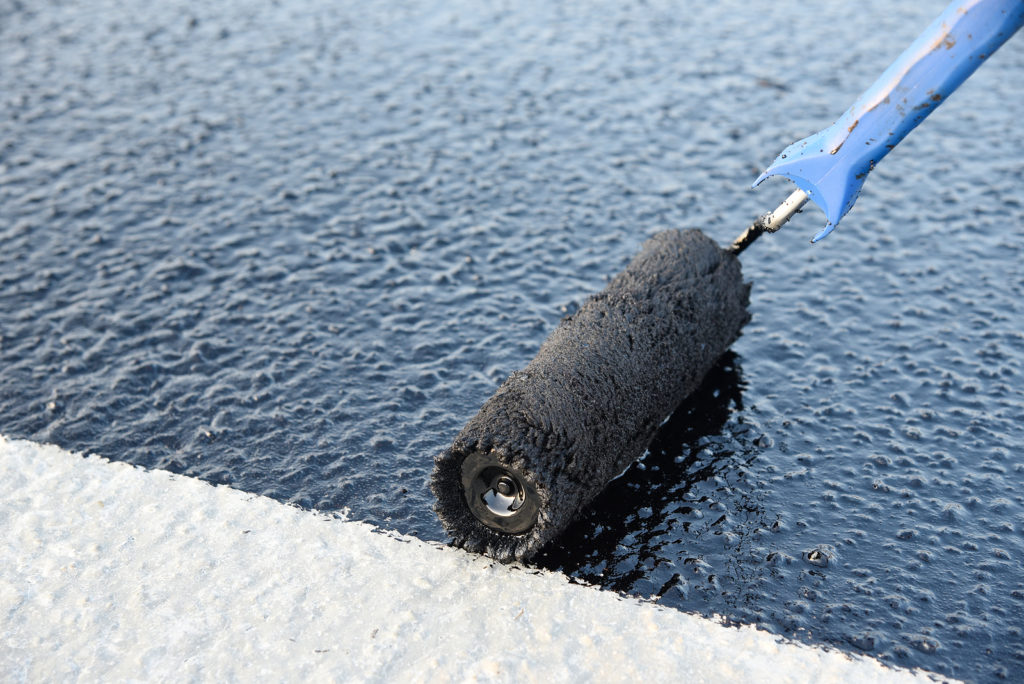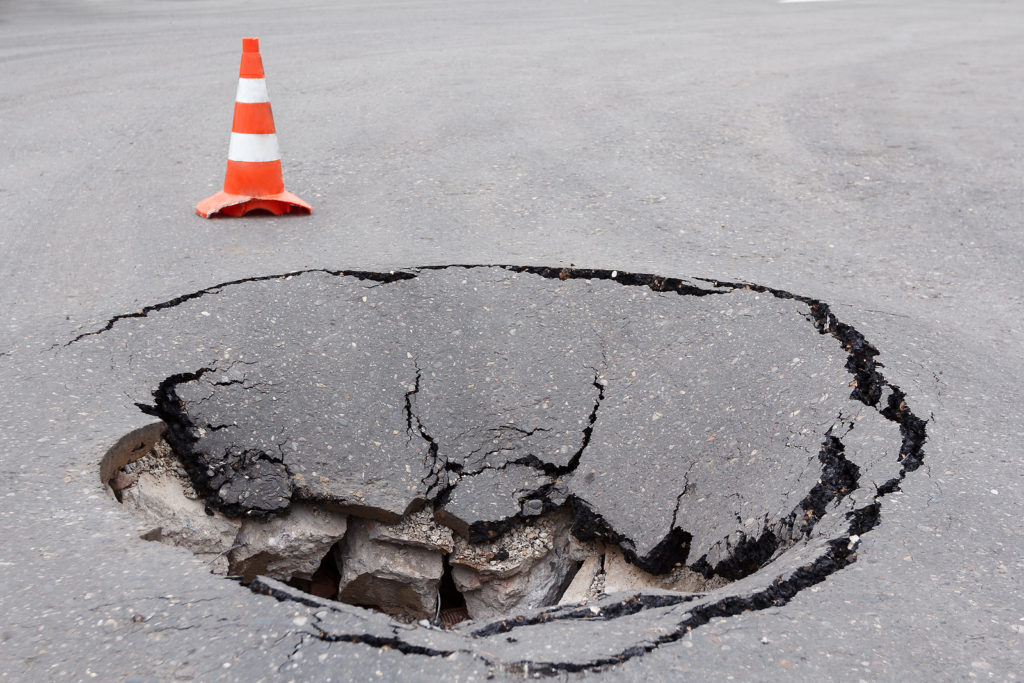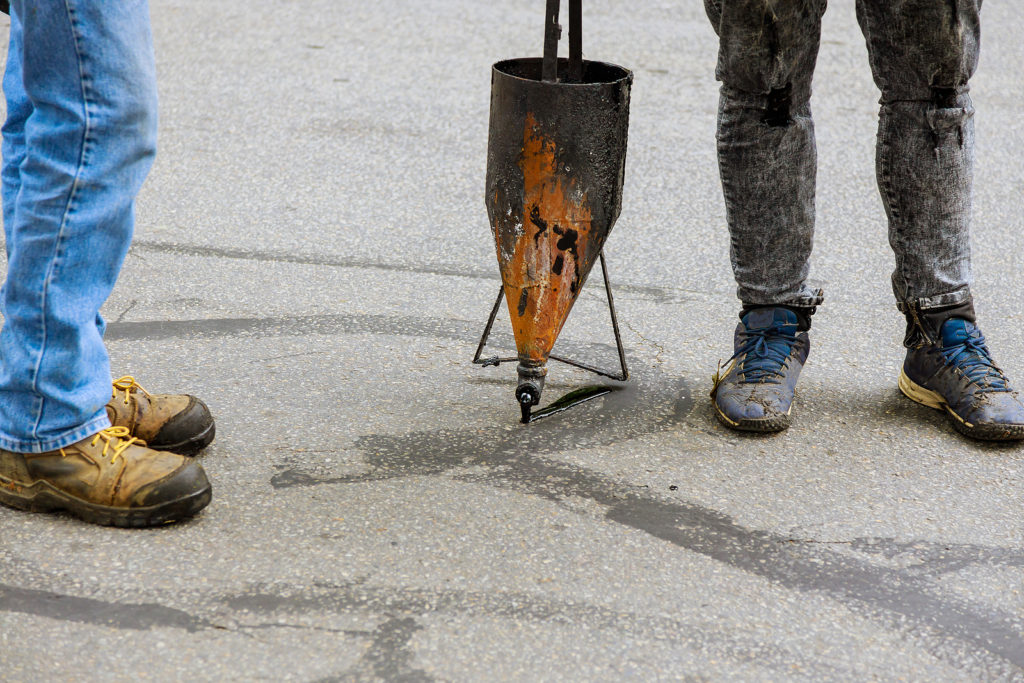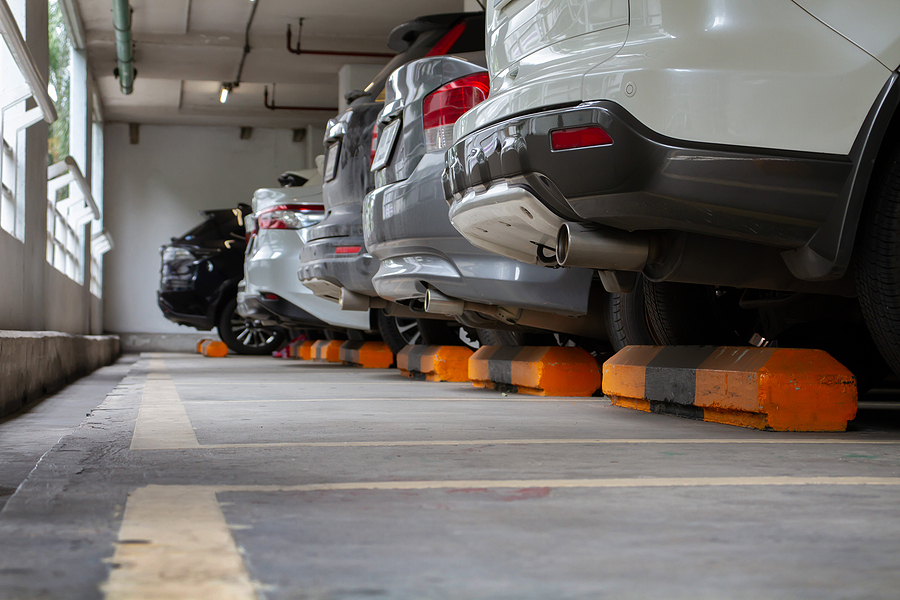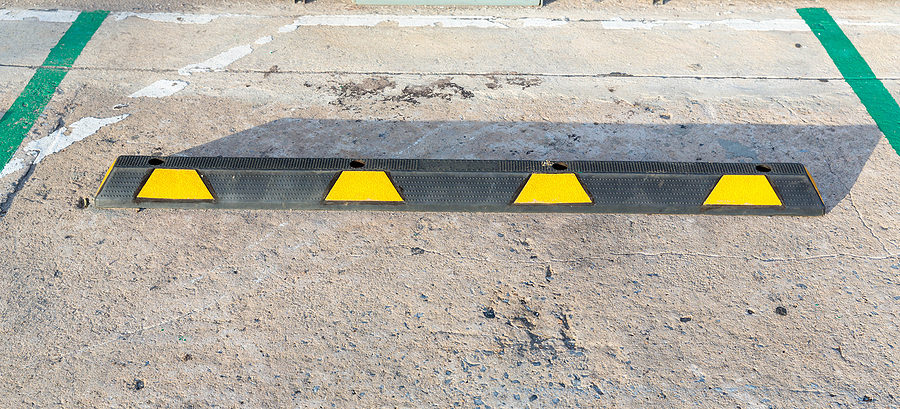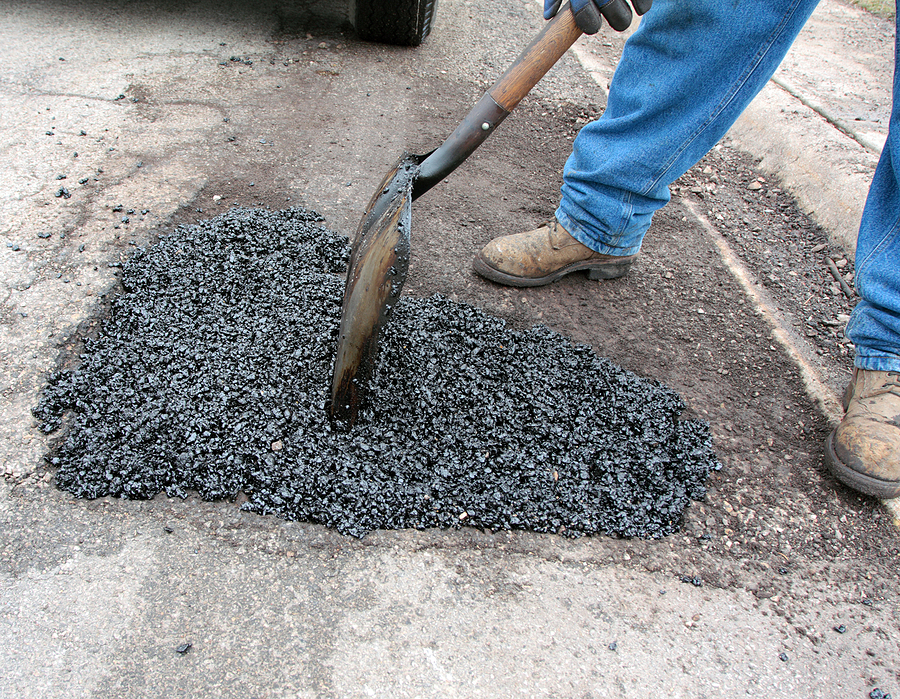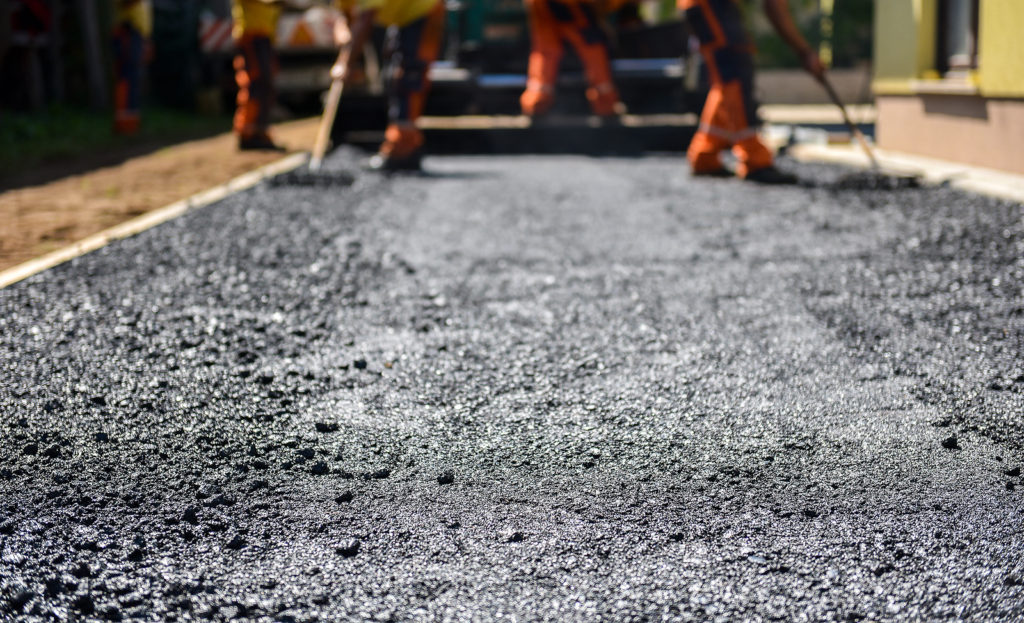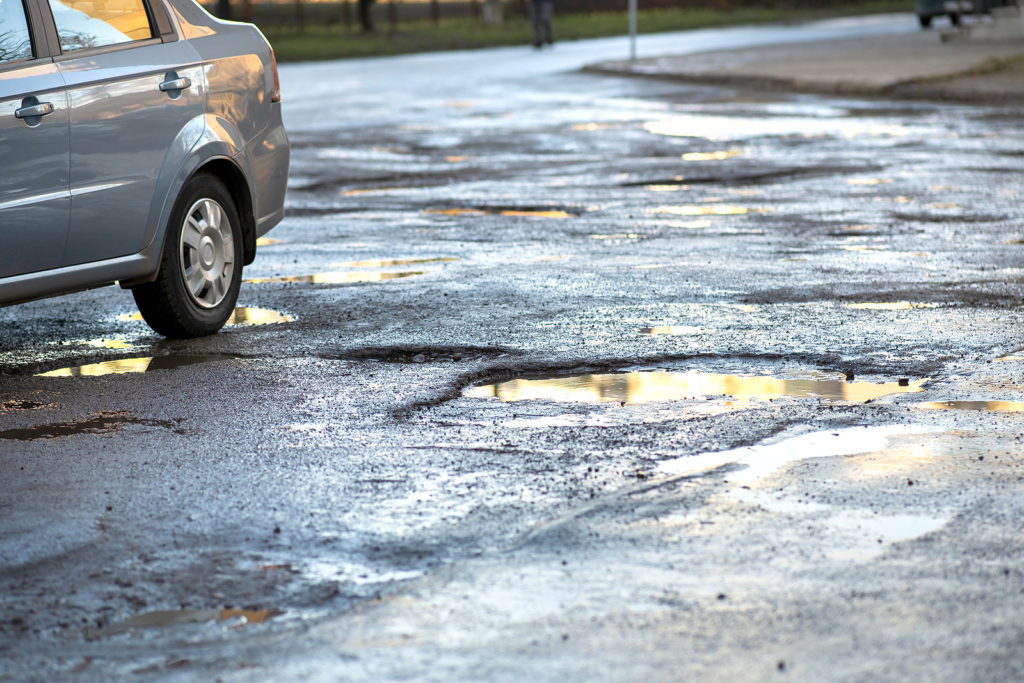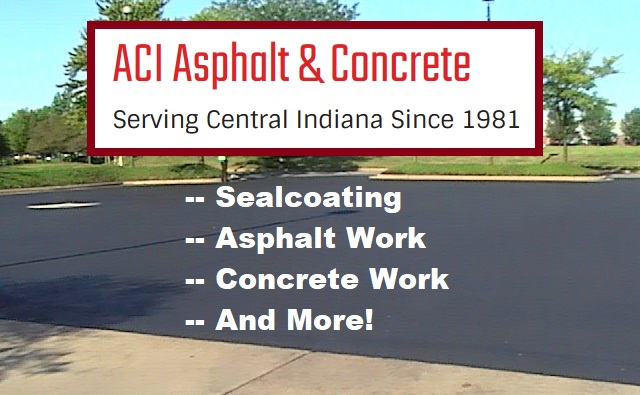When it comes to planning a commercial pavement project, one of the most critical aspects is the pavement option. It is vital to choose the proper pavement material and applicable solutions in order to render optimal results that stand the test of time. By choosing the most compatible paving option for your commercial lot saves you time and money, but it also protects your investment for years to come. Because these objectives are important to a business owner, many proprietors continue to choose permeable pavement.
Continue below to learn the top considerations facts about permeable pavement, and decide for yourself which option is best for your commercial lot.
Why Permeable Asphalt Pavement is a Top Choice for Commercial Lots
Permeable Pavement Basics
Not sure what permeable pavement is? Perhaps you’ve heard of it by its other names, including porous pavement, pervious pavement, pervious asphalt, porous asphalt, or the obvious, permeable asphalt. As you can gather by now, the term permeable refers to pavements that are penetrable through surface pores. So, what penetrates pavements like these? The answer is water, but also, you can forget about dirt, debris, organic matter, chemicals, oil, and anything else that comes in contact with the ground. Anything microscopic can see through the pores of permeable pavement.
Permeable Asphalt Advantages
Many people assume that asphalt is the same as permeable asphalt, however, they are a little different. Really, the only difference between the two is that permeable asphalt does not have the fine aggregate content that is found in traditional asphalt or bitumen. As mentioned, several business owners and commercial proprietors continue to choose permeable pavements for their commercial lots because it is a standup selection for lasting performance and durability.
The primary reason that permeable asphalt is so popular within the commercial paving and road construction industry has to do with water run off medication. You see, permeable pavements have pores, which allow water to seep through. This reduces standing water and flooding, and helps control natural water runoff and drainage. Standing water is not good for any type of asphalt, so proper drainage plans are vital to any paving project.
Having proper water drainage is important because standing water and flooding can damage parking lots and commercial lots. This increases your maintenance costs, and can even lead to massive overhauls and restoration projects that are extremely expensive and time-consuming. Furthermore, standing water in the winter can turn to ice, which can lead to accident lawsuits and all sorts of liabilities in terms of being a hazard to both pedestrians and drivers.
Because permeable asphalt allows water to seep through its pores, it actually works as a sort of filter. Surface contaminants like dirt, oil, grease, and organic matter are filtered through the permeable pavement and sent down to the underground water table. Overall, business owners save more money now and in the long run by choosing permeable pavements for their premises.
Commercial Asphalt Paving Contractors in Indianapolis, Indiana
Call ACI Asphalt and Concrete Inc. at 317-549-1833 for commercial asphalt paving services in Indianapolis and its surrounding areas. Our licensed and qualified paving contractors provide a wide range of asphalt and concrete pavement repair and installation services at the most competitive prices in town, including crack filling, overlays, resurfacing, and sealcoating. Request a free estimate, today!



